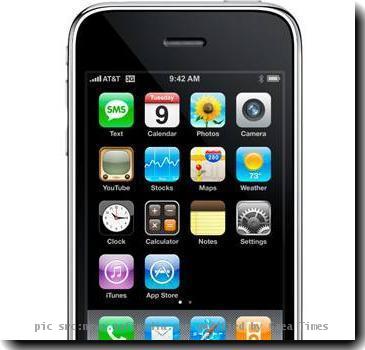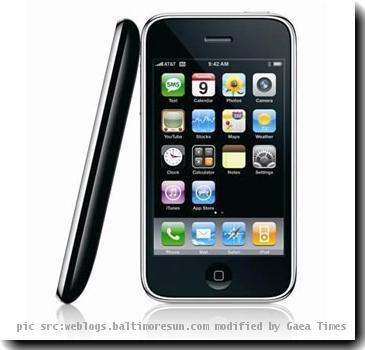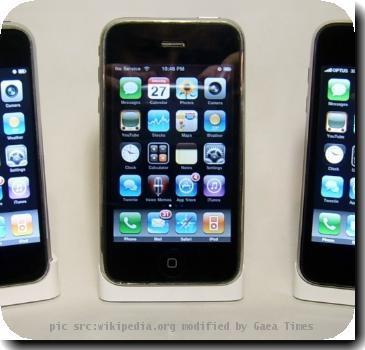Wireless execs like FCC spectrum plan, but say more steps needed to meet data traffic surge
By APTuesday, March 23, 2010
Cell execs say more steps needed to meet demand
LAS VEGAS — Cell phone company executives support a proposal by federal regulators to find more wireless spectrum for mobile broadband services, but say the industry needs to do more to help networks keep up with the demand for wireless data over the next four years.
Randall Stephenson, CEO of AT&T Inc., said Tuesday that mobile broadband stands to be this decade’s engine for driving the economy.
“It’s going to drive innovation, capital investment and is driving job creation,” Stephenson said. “As a country, we can’t afford to mess this up at this stage.”
Stephenson spoke during a keynote at the country’s largest wireless trade show, put on by trade group CTIA — The Wireless Association in Las Vegas.
Wireless data traffic in the U.S. jumped 30 times in the last three years — 50 times for AT&T, Stephenson said.
The carrier has struggled with the network load caused by iPhone users and is increasing its network investments by billions this year to cope.
Ralph de la Vega, chairman of CTIA and the head of AT&T’s consumer business, said the volume of data transferred over mobile lines is expected to keep growing and reach 40 times today’s level by 2014.
Vega said in addition to added spectrum, phones need to be better at offloading traffic to wireless hotspots, and software needs to use the airwaves more efficiently.
“Much the same way that car makers are trying to be more fuel efficient, we need to take that same efficient approach on how we use the spectrum,” Vega said. “This should be a national imperative for all of us in the wireless ecosystem.”
The Federal Communications Commission proposed last month to take airwaves now assigned to television broadcasters and others and sell them to wireless carriers. The plan — part of federal plans to bring affordable high-speed Internet connections to all Americans — calls for freeing 500 megahertz of wireless spectrum over the next decade, roughly doubling what the wireless industry has available.
The increase in data traffic is due to the popularity of “smart” phones like Apple Inc.’s iPhone. J.K. Shin, president of Samsung Electronics Co.’s cell phone division, said smart phones that use mobile broadband will make up one-quarter of all handsets sold in the United States by 2013.
Tags: Communication Technology, Consumer Electronics, Las Vegas, Mobile Communications, Nevada, North America, United States


